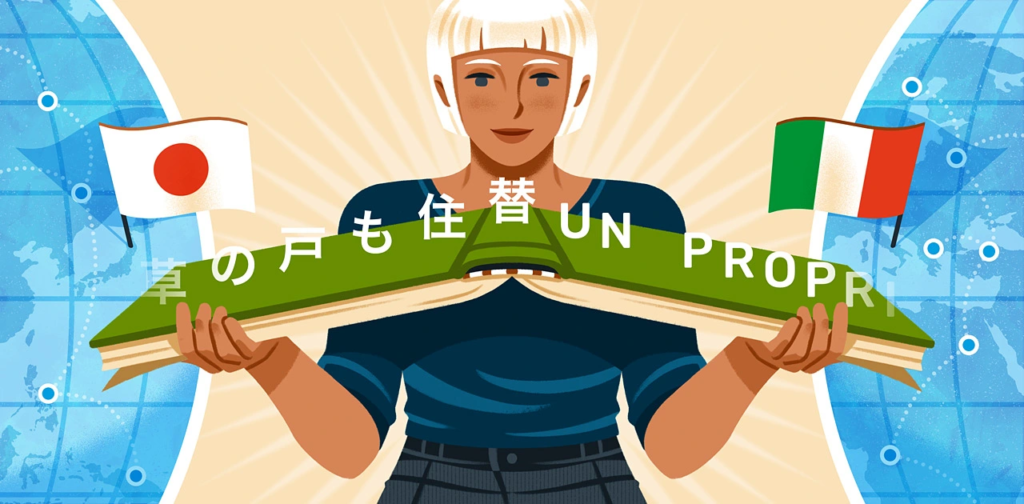The translation of books is an art form that bridges cultures and brings the richness of global literature to new audiences. For those with a passion for language and literature, a career in book translation offers a fulfilling pathway that is both intellectually challenging and culturally significant. As translators, professionals have the unique ability to shape the literary landscapes of multiple cultures through the power of words. Here is an expanded guide to forging a successful career in this fascinating field.
The Translator’s Toolkit: Skills and Qualifications
Language Mastery and Cultural Insight: The first and most obvious requirement for a book translator is deep mastery of at least two languages. However, beyond mere fluency, a successful translator must also possess a profound understanding of the cultural contexts from which and into which they are translating. This includes historical, social, and even political nuances that can influence the interpretation and appreciation of a text.
Literary Acumen: A strong background in literature helps translators appreciate different narrative techniques and genres. Knowledge of literary theory can also enhance a translator’s ability to make informed choices about how to preserve the author’s voice and style in translation.
Formal Education and Training: Although not always mandatory, formal education in translation studies can be extremely beneficial. Courses typically cover advanced translation theory, comparative literature, and practical translation exercises. Many also offer training in the use of computer-assisted translation tools, which are becoming increasingly important in the field.

Gaining Practical Experience
Starting Small: Early-career translators might begin by translating short pieces of fiction or articles to build their skills and confidence. These initial projects can serve as a proving ground for handling different authors’ styles and tackling various literary genres. For those interested in more detailed guidance, exploring resources on how to translate a book can provide a structured approach to developing these essential skills.
Freelance and Volunteer Work: Many translators start their careers as freelancers. Online platforms like Upwork or ProZ provide opportunities to take on translation projects that can help build a professional portfolio. Volunteering to translate for non-profits or community organizations can also be a good way to gain experience while contributing to worthy causes.
Internships: Pursuing an internship with a publishing house or literary agency that specializes in translated works can provide invaluable on-the-job training. Internships can also lead to professional connections and potential job opportunities.
Establishing a Professional Identity
Building a Portfolio: A translator’s portfolio is critical in showcasing their style and range. It should include diverse samples from different genres and authors to demonstrate versatility and depth of skill. An effective portfolio not only highlights a translator’s linguistic proficiency but also their ability to capture the essence and subtleties of the original texts. Including both published works and personal projects can provide a comprehensive view of one’s capabilities and stylistic flexibility.
Networking and Professional Development: Joining professional organizations like the International Federation of Translators or attending literary festivals and workshops can help translators meet potential mentors, clients, and collaborators. Continuing education through workshops and courses can also keep skills sharp and up-to-date. Engaging in these professional circles fosters a sense of community and provides opportunities to stay informed about industry trends, technological advancements, and new literary works in need of translation.
Online Presence: In today’s digital age, maintaining a professional website or blog can attract attention from potential clients and publishers. Active participation in social media and online forums dedicated to translation and literature can also raise a translator’s profile. An online presence is essential not only for marketing and visibility but also for establishing credibility. Regular updates showcasing recent projects, thoughts on translation challenges, and insights into the literary world can further engage and expand a translator’s audience.

Mastering the Business Side
Understanding the Market: Successful translators not only excel in language skills but also have a deep understanding of their market. This includes recognizing which genres are popular in different linguistic regions, identifying books that are likely to require translation, and staying informed about trends affecting the publishing industry. A nuanced grasp of these elements enables translators to anticipate market needs and position themselves strategically, potentially leading to more consistent work and better project alignment.
Negotiating Contracts: Mastery in negotiating contracts is crucial for professional translators. It’s important to secure terms that offer fair compensation and clearly define the scope of work. Additionally, translators must ensure that contracts address rights, royalties, and copyright considerations. Effective negotiation protects a translator’s legal and financial interests and establishes a professional relationship based on clarity and mutual respect.
Coping with Challenges: The career of a book translator can sometimes yield an irregular income, and the workflow can be unpredictable. Successful translators mitigate these challenges by diversifying their income streams, which might include balancing book projects with other types of translation work or engaging in related tasks such as editing or teaching. This diversification not only stabilizes income but also enriches the translator’s skills and expands their professional network.

Conclusion
Embarking on a career in book translation is an adventure that calls for not just language skills, but a zeal for continuous learning, an appreciation for other cultures, and a love for literature. The work is as challenging as it is rewarding, providing a unique opportunity to serve as a bridge between worlds and contribute to the global dialogue around books and ideas. With dedication, skill, and a strategic approach, translators can achieve success and satisfaction in this dynamic field.






